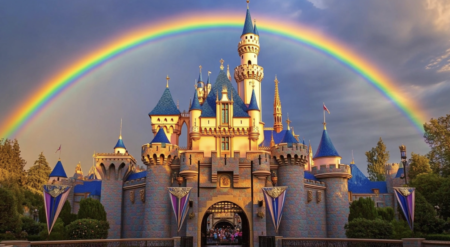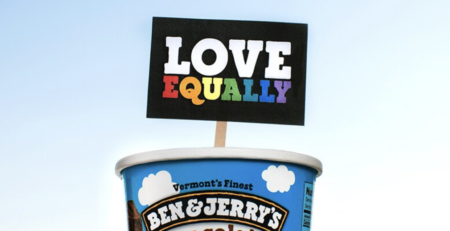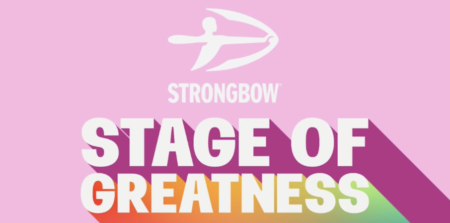Harley-Davidson finds itself at the centre of controversy as conservative critics challenge its diversity, equity, and inclusion efforts, igniting a debate about corporate values and customer loyalty.
Harley-Davidson, the iconic American motorcycle manufacturer, is currently embroiled in controversy following revelations of its diversity, equity, and inclusion (DEI) initiatives. Known for its rugged, rebellious image and a strong historical association with “macho” culture, the brand is facing criticism from conservative figures.
The controversy was ignited when online influencer Robby Starbuck, who also ran as a Republican House candidate in Tennessee in 2022, exposed Harley-Davidson’s support for policies related to transgender care for children, critical race theory, and DEI training which he claims marginalises white people. These comments have provoked a wave of reactions, echoing previous backlashes faced by other all-American brands like John Deere and Bud Light.
Starbuck’s criticisms focus on Harley-Davidson’s DEI efforts within both its corporate offices and manufacturing facilities. He highlighted the company’s financial support for a Pride event in Pennsylvania which featured activities for children as well as a “rage room” for adults. Additionally, he pointed out partnerships with organisations such as the Wisconsin LGBT Chamber of Commerce, United Way, and the Human Rights Campaign, implicating Harley-Davidson in the promotion of progressive policies that he claims are opposed to the values of its core customers. The company implemented DEI training for around 1,800 employees, focusing on becoming LGBTQ+ allies. Employee resource groups have been established, ostensibly promoting inclusivity by segregating staff by race, gender, and sexual identity.
The backlash from Starbuck’s campaign has garnered significant online support, with numerous bikers voicing their disapproval and indicating possible departures from the brand. Prominent conservative figure Elon Musk also drew attention to the situation with a succinct social media post.
However, it is evident that Harley-Davidson’s DEI efforts are polarising. While the company has traditionally been associated with a rebel spirit and freedom, its support for inclusivity and LGBTQ+ causes resonates with a different segment of its customer base. For instance, groups such as Dykes on Bikes, a lesbian motorcycle club, have prominently featured in Pride events, aligning with Harley-Davidson’s DEI stance.
The 121-year-old company, founded by William Harley and Arthur Davidson in 1903, has not officially commented on the matter. Nonetheless, statements on various platforms indicate a commitment to sustainability and becoming a leader in global diversity and inclusion.
The debate over DEI policies is far from a new phenomenon in corporate America. Many companies that adopted such policies after the killing of George Floyd in May 2020 have faced similar backlashes. Advocates argue that DEI schemes are crucial for overcoming systemic racism and sexism, aiming to offer fair opportunities for all. Critics, however, argue that these initiatives can amount to reverse discrimination and may exacerbate divisions rather than bridge gaps.


















